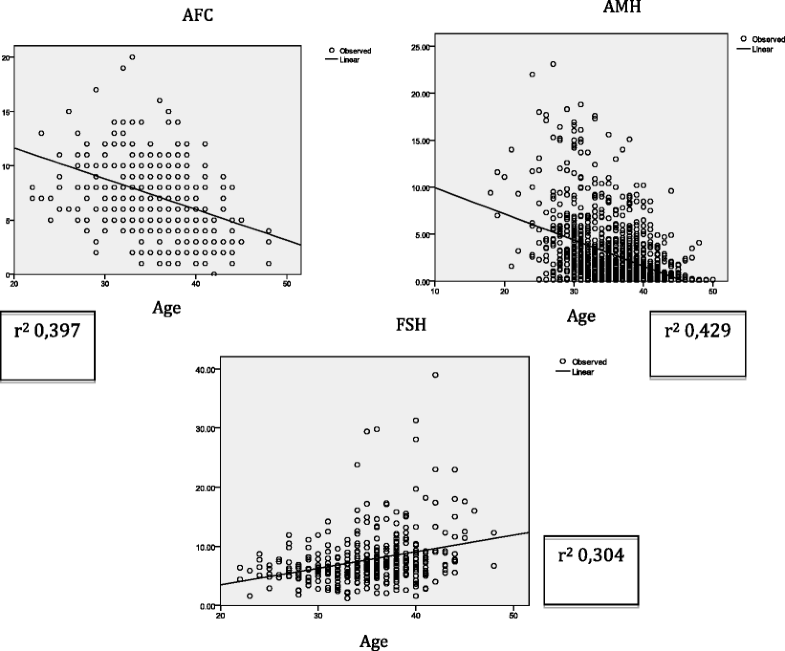

For example, it’s sometimes unclear how much exercise you should be getting or if you should you do more high-intensity interval training (HIIT) or running workouts. You could use the test to make decisions about health behaviors, and the results of these behaviors would be reflected in the test. But in the future, people will be able to use this information to track their habits. Right now, the recommendations based on biological age are pretty straightforward: Get enough sleep and eat fruits and vegetables. Your body changes based on all of your experiences and all your health habits throughout your whole life. With epigenetics, we can see not just your predisposition based on genetics but also how you’re responding to things. You should have to take a genetic test only once, and there’s not much you can do about it.

It’s similar to a genetic testing kit, but the biggest difference is your genetics are pretty set in stone. I work with a company called Elysium that launched an at-home test a few months ago where all you need is a saliva sample and you can get your biological age. Right now, we’re not taking biopsies from different organs, but you could have a different biological age for your heart than you might have for your liver or even your brain, and that might have more implications for the future health of these specific organs.
Biological age vs chronological age test skin#
And then take a skin sample or a saliva sample or a cheek swab and get a different biological age based on those cells. We can take a blood sample from someone and find the biological age of their blood. This allows for a more nuanced understanding of a person’s biological age across different organs to give a more comprehensive understanding of their overall health and aging. The exciting thing about using DNA methylation to measure biological age, though, is that we can calculate different biological ages for different parts of the body.

Your biological age in your blood is often similar to that in your saliva because they have many of the same cell types. We see very specific patterns of DNA methylation when we look across the entire genome and how it changes with age: We look at those patterns and predict what someone’s biological age is based on hundreds of thousands of these sites that are a reflection of your overall health and functioning.Ĭompanies that offer at-home testing measure biological age in saliva as an indicator of a person’s overall biological age while most scientific studies use blood for this measure. And there are specific areas of the genome where there’s increased methylation with age and other areas where there’s decreased methylation with age. DNA methylation is basically a chemical modification to your DNA-it doesn’t change the sequence of your DNA, but it does regulate which genes get turned on and which get turned off. On Monday I will be explaining each area in more detail, so you can understand the science and health ramifications further.To calculate biological age, we use epigenetic data, specifically DNA methylation, from a blood sample or another source (more on that in a minute). Or how about your sight, hearing or memory ageing? Have you ever wondered what your internal age actually is? We are also able to accurately identify and calculate your eye, hearing and memory ages – which is a World’s first! This allows you to see a true representation of how your diet, lifestyle and environment has been affecting you at a cellular and genetic level, as well as the current status of your internal health. Muhdo’s bioinformatics and science teams have identified the genes – as well as the specific biomarkers which sit upon them – that correlate to cellular ageing. Chronological age refers to the exact number of years you have been alive, while biological age is a true reflection of how they have been affected by your diet, exercise, lifestyle and environment. The majority of us will be completely unaware we actually have two ages: chronological age and biological age. Well, that’s what my chronological age is anyway! And what better way to see the day in by writing up a post letting us all know just how young he is… James Brown, Muhdo’s nutrigenetics director, celebrates his birthday today.


 0 kommentar(er)
0 kommentar(er)
